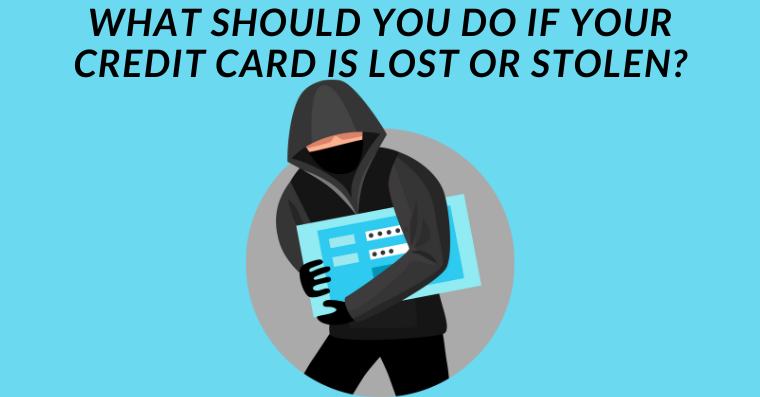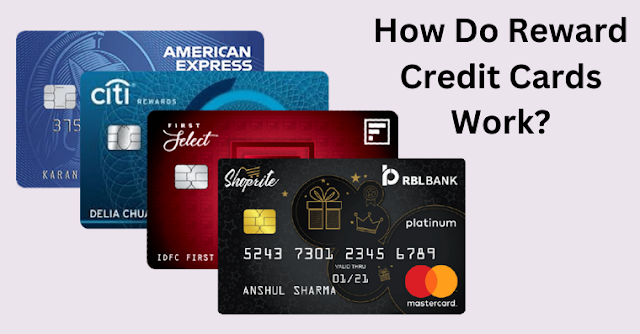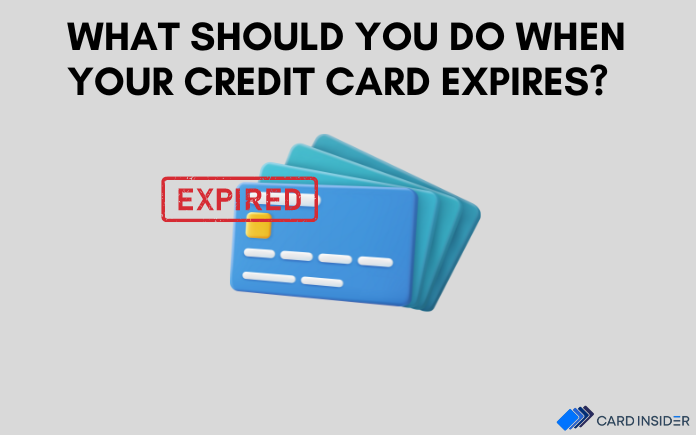What should you do if your credit card is lost or stolen?
Being the target of credit card theft or loss can be a stressful experience. Not only is there a risk of fraudulent charges, but you may also be without access to credit until the card is replaced. If your credit card is lost or stolen, it is essential to take immediate action to protect yourself from unauthorized charges and minimize the impact on your credit score. We will explore what you should do if your credit card is lost or stolen.

Report the Loss or Theft
Immediately
The first step you should take if your credit card is lost or stolen is to report it to your card issuer as soon as possible. Most card issuers have 24/7 customer service lines that you can call to report a lost or stolen card. You can also report the loss or theft online through the issuer's website or mobile app.
When you report the loss or theft, the card
issuer will typically freeze your account to prevent unauthorized charges. They
will also issue you a new card with a new account number and expiration date.
It is important to verify that the issuer has your correct contact information,
including your phone number and email address, to ensure that you receive
updates on your account and your replacement card.
Monitor Your Account for
Fraudulent Charges
While your account is frozen, monitoring your account activity for any fraudulent charges is important. Many card issuers have fraud detection systems that can alert you to suspicious activity on your account. You can also monitor your account online or through the issuer's mobile app to check for unauthorized charges.
If you notice any unauthorized charges on your
account, you should report them to your card issuer immediately. Most issuers
have zero liability policies that protect you from fraudulent charges, but you
must report them within a certain timeframe, typically 60 days.
Update Automatic Payments and
Recurring Charges
If you have any automatic payments or recurring charges on your credit card, you must update them with your new account information. This may include bills for utilities, subscriptions, or online shopping accounts.
It is essential to update your payment
information as soon as possible to avoid late fees or service disruptions. The
service provider usually accepts updates to your payment information online or
over the phone.
Check Your Credit Report
Losing your credit card or having it stolen can also impact your credit score. If someone uses your card to make fraudulent charges, it can increase your credit utilization and lower your credit score.
Monitoring your credit report for any
suspicious activity or errors is essential. Once a year, you can obtain a free
credit report from all three major credit bureaus. You can also monitor your credit
score and report through many credit monitoring services.
Take Steps to Protect Your
Identity
Losing your credit card or having it stolen can also increase your risk of identity theft. If someone has access to your credit card information, they may also have access to other sensitive information, such as your Social Security number or date of birth.
It is important to take steps to protect your
identity, such as monitoring your credit report, setting up fraud alerts, and
notifying your bank or credit union of any suspicious activity. You can also
consider signing up for identity theft protection services, which can monitor
your credit report and alert you to any suspicious activity.
Conclusion
Losing your credit card or having it stolen
can be a stressful experience, but taking immediate action can help protect you
from fraudulent charges and minimize the impact on your credit score. Reporting
the loss or theft to your card issuer, monitoring your account for unauthorized
charges, updating your automatic payments and recurring charges, checking your
credit report, and taking steps to protect your identity can all help you
recover from the loss of your credit card.
Read More: What Should You Do When Your Credit Card Expires?



Comments
Post a Comment